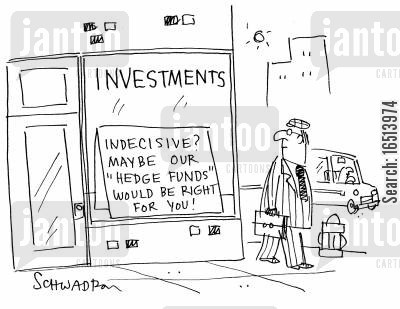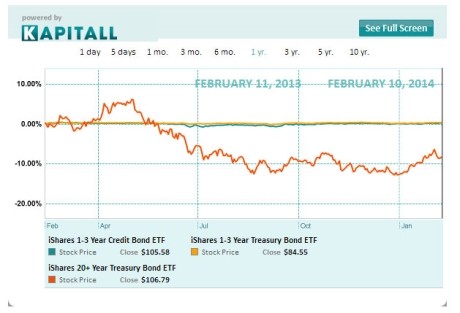ETFs V Funds Which Is Right For You
Post on: 15 Апрель, 2015 No Comment

This website is called ETF.com. As you might expect, we like ETFs. For a variety of reasons outlined below, we think ETFs are the right investment choice, much of the time, for many investors.
Are they the right choice always and for everyone? Of course not.
Most of the employees here at ETF.com own both mutual funds and ETFs. It’s just a matter of understanding the differences, and understanding where each structure makes the most sense.
Let’s review the fundamental difference between the two structures. To keep things simple, we’ll focus exclusively on index-based funds and ETFs.
The Basics
On one level, both mutual funds and ETFs do the same thing.
Let’s imagine, for instance, that two products that are designed to track the S&P 500: An ETF and a mutual fund. If you look under the hood, both products will hold all (or most) of the 500 stocks in the index, in the exact proportion in which they exist in the index. At this level, the two product structures are identical.
The difference of course is that ETFs are exchange traded. That means you can buy and sell them intraday, like any other stock. By contrast, you can only buy or sell index funds once per day, after the close of trading. You do this by contacting the mutual fund company directly and telling them you want to acquire or redeem shares.
What does all that mean for investors? And how do you choose? Let’s examine the differences.
The Positives Of ETFs
- Intraday Liquidity: Those fancy words mean you can buy and sell ETFs at any time during the trading day. If the market is falling apart, you can get out at 10 a.m. In a mutual fund, you would have to wait until after the close of trading … which could be a costly delay.
The Cons Of ETFs

- Commissions: The beauty of intraday liquidity does not come without costs: Typically, you pay a commission when you buy or sell any security, and ETFs are no different. If you regularly invest a small amount of money in an ETF—say, $1,000 per paycheck—those commissions can be cost-prohibitive. There are an increasing number of commission-free ETF trading programs in place, like Charles Schwab, E*Trade, Fidelity and TD Ameritrade. But check before you trade.
Neither mutual funds nor ETFs are perfect. Both can offer solid exposure at minimal costs, and can be good tools for investors.
For most, the choice comes down to what you value most: Do you value the absolute lowest expense ratio and the flexibility of trading intraday? Go with ETFs. Do you worry about the impact of commissions, premiums, spreads and other factors? Go with mutual funds. Others look at taxes, reserving the ultra-tax-efficient ETFs for taxable accounts and using mutual funds in tax-deferred accounts.
Importantly, there is no reason this must be an either/or question. Mutual funds can live side by side with ETFs in a portfolio perfectly happily.
What’s Next? How Do You Choose The Right ETF?
Other Articles Of Interest














